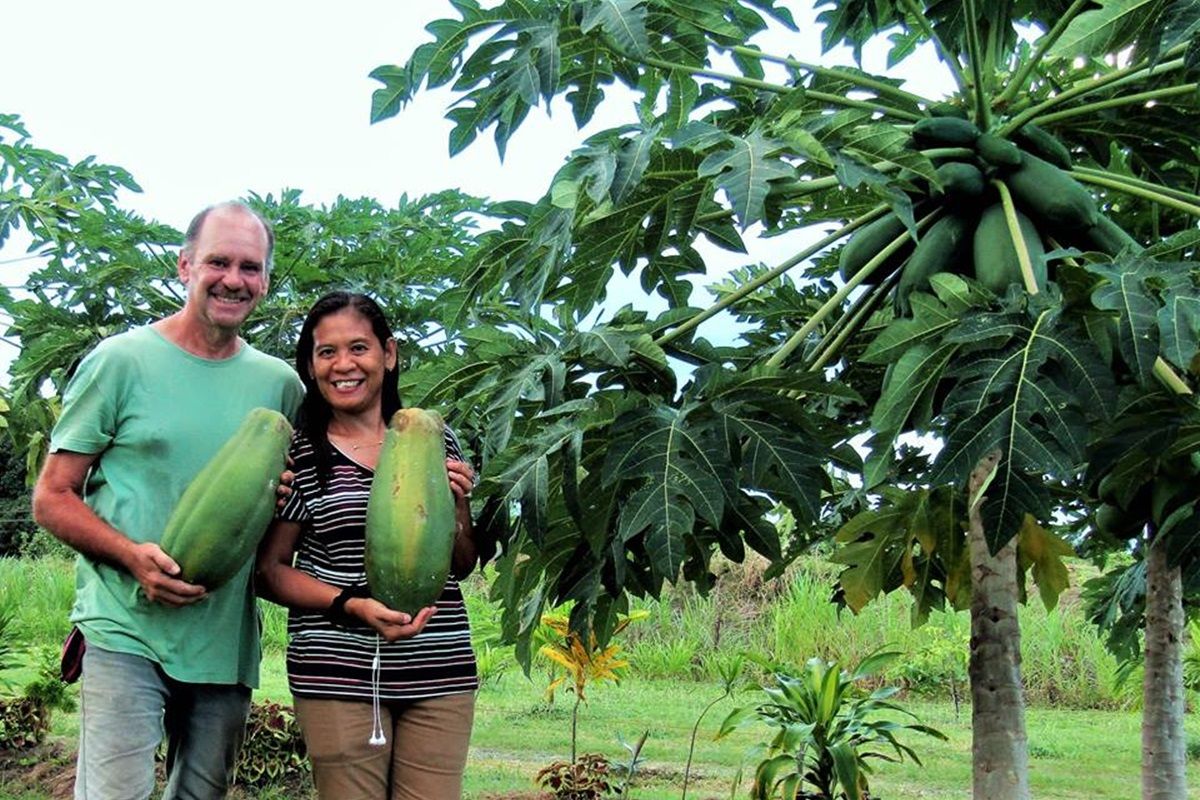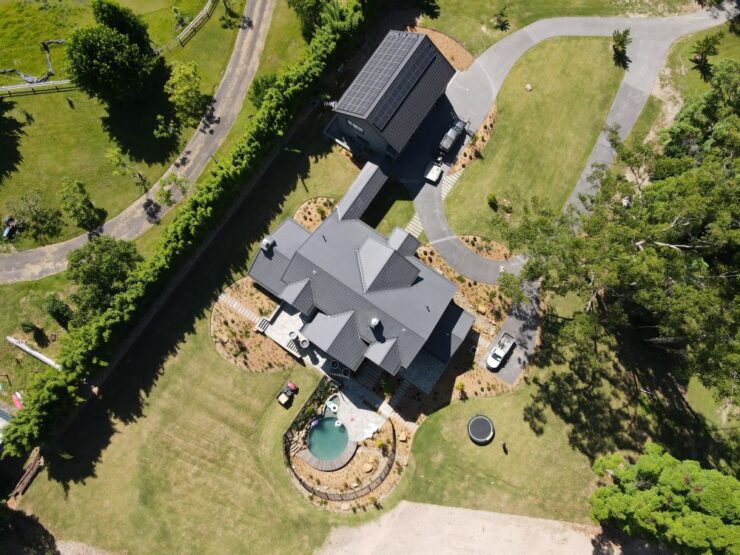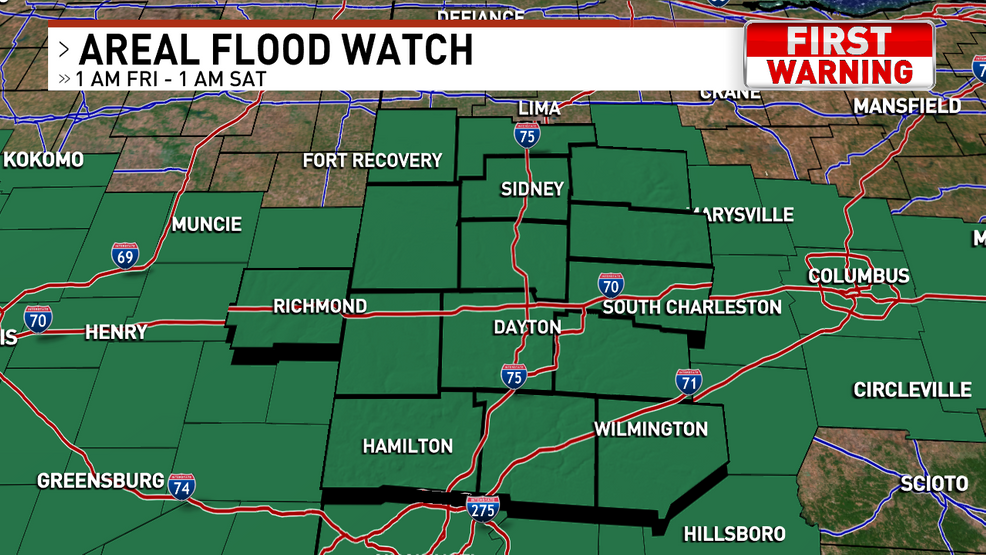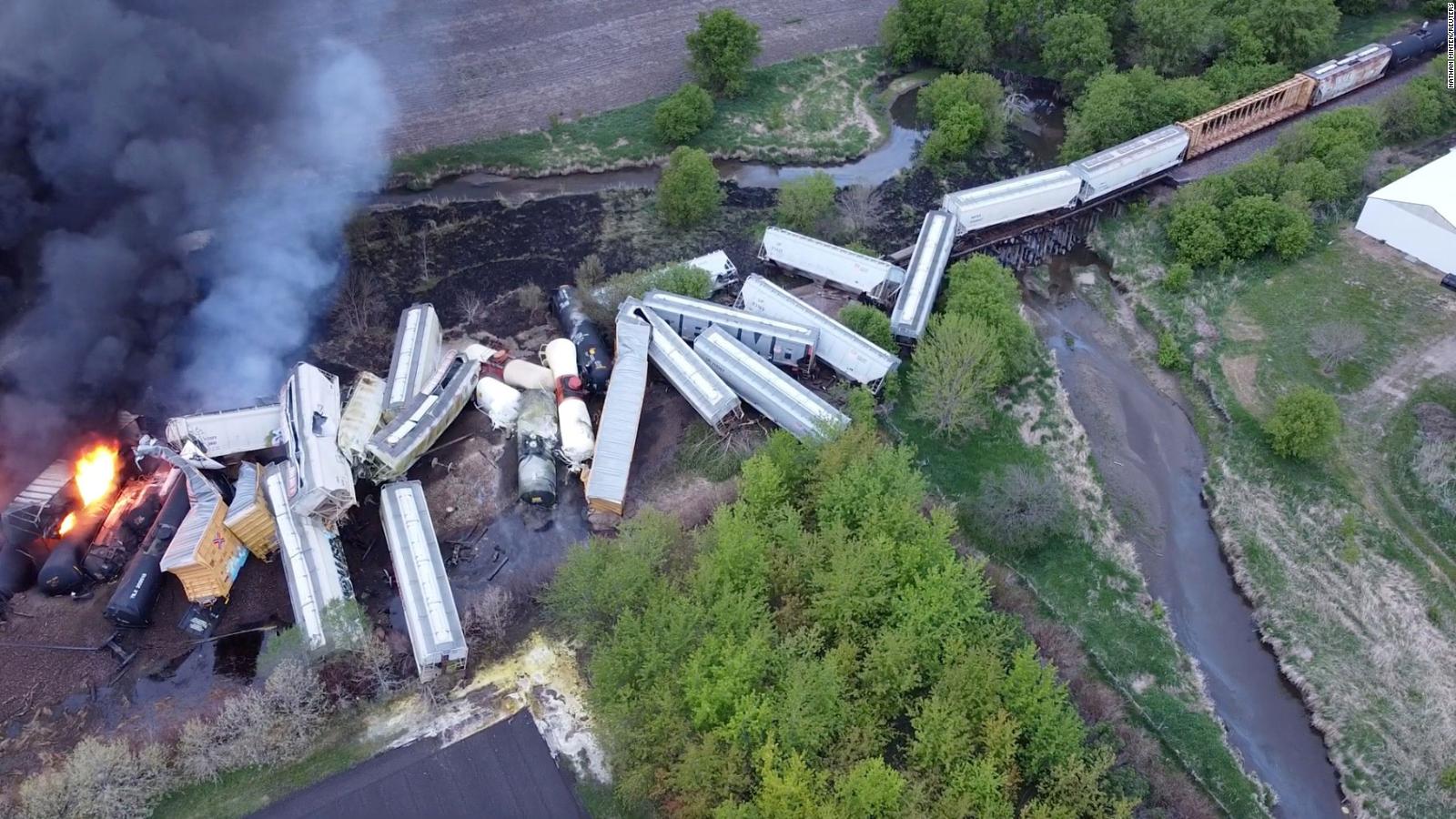Escape To The Country: Sustainability And Self-Sufficiency

Table of Contents
Sustainable Food Production
Embracing sustainable food production is a cornerstone of self-sufficient country living. Reducing your reliance on industrially produced food minimizes your environmental impact and ensures access to fresh, healthy produce.
Growing Your Own Food
Home gardening offers numerous advantages, from reducing your carbon footprint (lower food miles) to enjoying the freshest, tastiest vegetables and fruits, free from harmful pesticides.
-
Benefits: Homegrown food tastes better, is healthier, and allows for complete control over growing methods. You can avoid genetically modified organisms (GMOs) and synthetic pesticides, leading to a healthier diet and a healthier planet.
-
Gardening Techniques: Explore various techniques to maximize your yield and suit your space. Vertical gardening is ideal for small areas, while hydroponics offers year-round growing potential, regardless of climate. Companion planting uses the synergistic relationships between different plants to improve growth and pest control.
-
Resources for Beginners: Numerous resources are available for aspiring gardeners. Local gardening clubs offer valuable hands-on experience and community support. Countless books and websites provide comprehensive guides to various gardening techniques, from starting seeds to harvesting and preserving your bounty.
-
Tips for Success:
- Plan your garden based on your climate and soil type.
- Start small and expand gradually as you gain experience.
- Preserve your harvest through canning, freezing, or drying for year-round consumption.
Raising Livestock
Integrating livestock into your sustainable homestead can provide a reliable source of meat, eggs, and dairy. Chickens are a popular choice for beginners, offering a relatively low-maintenance way to produce fresh eggs. Goats can provide milk and meat, while other animals like sheep or pigs can be considered based on your needs and resources.
-
Benefits: Raising your own livestock reduces your reliance on industrial farming, supporting a more humane and environmentally friendly food system.
-
Considerations: Before starting, research local regulations regarding livestock ownership. Ensure you have adequate space, appropriate housing, and a thorough understanding of animal care.
-
Environmental Impact: Responsible livestock management offers several environmental benefits compared to large-scale industrial farming, reducing greenhouse gas emissions and promoting biodiversity.
-
Important Considerations:
- Research the legal requirements and zoning regulations in your area.
- Carefully assess the space and resources you have available.
- Prioritize animal welfare and ensure they have access to appropriate food, water, and shelter.
Energy Efficiency and Renewable Energy
Reducing your energy consumption and transitioning to renewable energy sources are crucial for a truly sustainable country lifestyle. This minimizes your environmental impact and reduces your reliance on fossil fuels.
Reducing Energy Consumption
Even without completely going off-grid, significant energy savings can be achieved through mindful consumption and energy-efficient practices.
-
Strategies: Proper insulation is key to reducing heating and cooling costs. Investing in energy-efficient appliances, like refrigerators and washing machines, significantly lowers energy usage. LED lighting is a simple yet effective way to reduce electricity consumption.
-
Passive Solar Design: Orientation of your home and the use of natural ventilation can significantly reduce your reliance on heating and cooling systems.
-
Mindful Consumption: Be conscious of your energy usage, turning off lights and unplugging electronics when not in use.
-
Key Steps:
- Invest in energy-efficient windows and proper insulation.
- Replace incandescent bulbs with energy-efficient LED lighting.
- Unplug electronics and appliances when not in use to avoid "phantom loads".
Utilizing Renewable Energy Sources
Harnessing renewable energy sources like solar power and wind energy is a powerful step toward self-sufficiency and environmental responsibility.
-
Options: Solar panels are a popular and increasingly affordable option for generating electricity. Wind turbines may be suitable depending on your location and wind conditions. Other options include geothermal energy and hydropower, depending on your specific circumstances.
-
Costs and Benefits: The initial investment in renewable energy systems can be significant, but long-term savings on energy bills and reduced environmental impact make them a worthwhile investment. Many governments offer incentives and support programs to encourage the adoption of renewable energy.
-
Planning & Implementation: Assess your energy needs and available resources before making a decision. Consult with a renewable energy specialist to determine the most suitable system for your needs. Explore financing options and available subsidies.
-
Important Considerations:
- Assess your energy needs and the available resources (sunlight, wind).
- Consult with a renewable energy specialist for professional advice.
- Explore government incentives and financing options to reduce costs.
Water Conservation and Management
Responsible water management is vital for sustainable country living. Conserving water and utilizing sustainable methods minimize your impact on local water resources.
Rainwater Harvesting
Collecting rainwater provides a valuable resource for irrigation and non-potable household uses.
-
Methods: Installing rain barrels to collect rainwater from rooftops is a simple and effective way to conserve water.
-
Benefits: Reduces reliance on municipal water supplies, conserves water resources, and can reduce water bills.
-
Implementation: Proper installation and maintenance are essential to prevent contamination.
-
Key Actions:
- Install rain barrels to collect rainwater from gutters.
- Consider greywater recycling systems for non-potable uses.
- Install low-flow plumbing fixtures to reduce water consumption inside your home.
Well Water Management
If you rely on a well for your water supply, responsible management is crucial.
-
Maintenance: Regularly test your well water for contaminants to ensure its safety. Proper maintenance of your well pump and infrastructure is essential to prevent failures and ensure a consistent water supply.
-
Conservation: Implement water-saving practices throughout your home to reduce overall water consumption.
-
Important Actions:
- Regularly test your well water for bacteria and contaminants.
- Maintain your well pump and infrastructure to ensure reliable water supply.
- Implement water-saving practices in your home, such as low-flow showerheads.
Waste Reduction and Recycling
Minimizing waste is an integral part of sustainable living. Composting and effective recycling programs are essential for reducing your environmental footprint.
Composting
Composting organic waste transforms kitchen scraps and yard debris into valuable soil amendment.
-
Benefits: Reduces landfill waste, improves soil fertility, and provides a natural fertilizer for your garden.
-
Methods: Bin composting is a common method, while vermicomposting uses worms to accelerate the decomposition process.
-
Implementation: Properly managing moisture and aeration is vital for successful composting.
-
Key Steps:
- Separate organic waste from other trash.
- Maintain proper moisture and aeration levels in your compost bin.
- Use finished compost to enrich your garden soil.
Recycling and Waste Reduction Strategies
Effective recycling programs in rural areas may vary, so understanding local options is essential.
-
Waste Reduction: Focus on reducing waste through reuse and repurposing. Buy in bulk or from local farmers to minimize packaging. Repair and reuse items instead of replacing them immediately.
-
Zero-Waste Lifestyle: Strive for a zero-waste lifestyle by carefully considering your consumption habits and finding creative ways to minimize waste.
-
Key Strategies:
- Reduce packaging by buying in bulk or from local farmers' markets.
- Repair and reuse items before replacing them.
- Compost food scraps and yard waste.
Conclusion
Escaping to the country to embrace sustainable living and self-sufficiency offers numerous rewards, from healthier food and reduced environmental impact to greater self-reliance and a more fulfilling lifestyle. By carefully considering aspects like sustainable food production, energy efficiency, water conservation, and waste reduction, you can create a thriving and eco-friendly rural homestead. Take the first step towards your own "escape to the country" today, and begin building a more sustainable and self-sufficient future. Start planning your sustainable country escape now!

Featured Posts
-
 Escape To The Country Financing Your Rural Dream
May 25, 2025
Escape To The Country Financing Your Rural Dream
May 25, 2025 -
 Flood Advisories Issued For Miami Valley Due To Severe Storms
May 25, 2025
Flood Advisories Issued For Miami Valley Due To Severe Storms
May 25, 2025 -
 Naomi Campbells Reported Met Gala 2025 Ban A Feud With Anna Wintour
May 25, 2025
Naomi Campbells Reported Met Gala 2025 Ban A Feud With Anna Wintour
May 25, 2025 -
 The Week That Derailed Joe Bidens Post Presidency A Critical Analysis
May 25, 2025
The Week That Derailed Joe Bidens Post Presidency A Critical Analysis
May 25, 2025 -
 Gauff Defeats Zheng In Italian Open Semifinal
May 25, 2025
Gauff Defeats Zheng In Italian Open Semifinal
May 25, 2025
